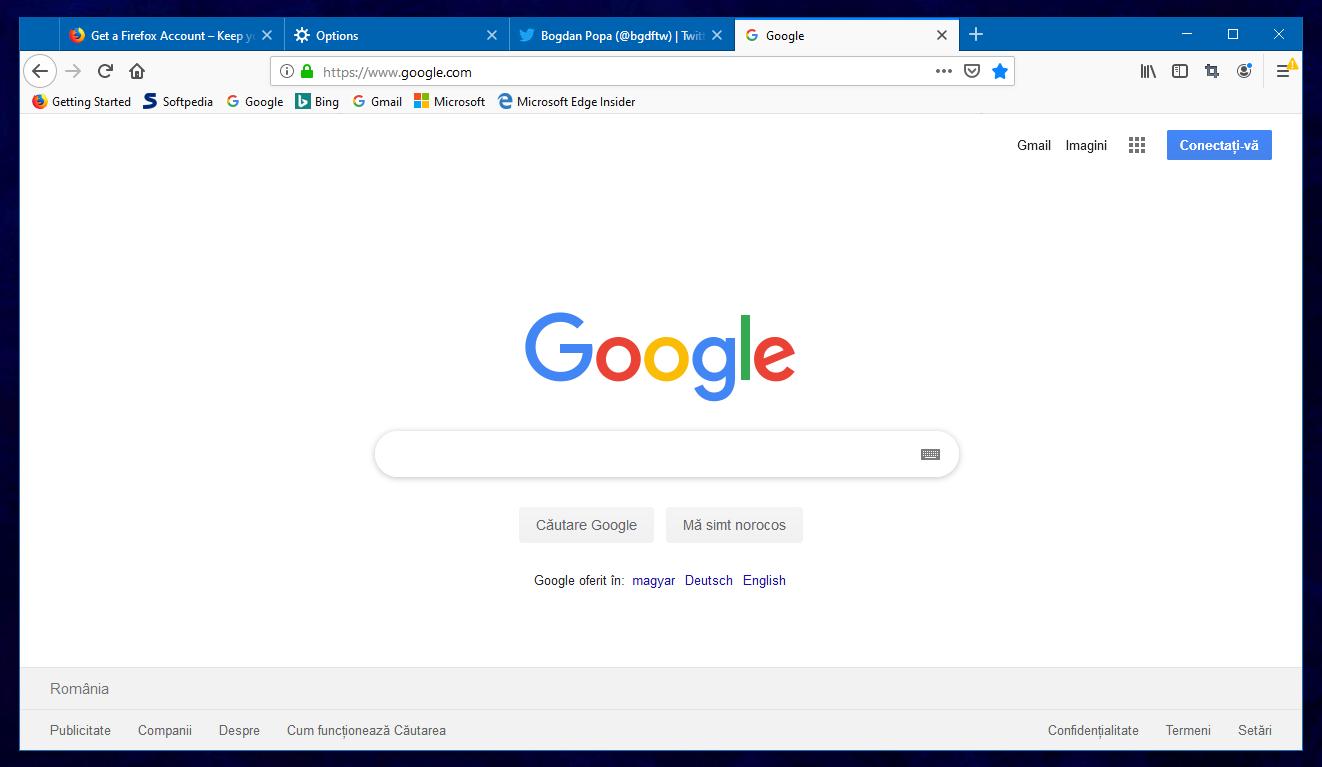
Google eventually expanded on this and now uses search history and a host of other user-supplied date to display targeted ads for its many partners. These are often the first results to appear at the top of a search results page which display the word "Ad." Founders Larry Page and Sergey Brin recognized the value a detailed index of the internet could offer companies early on, and they began selling keyword-related ads in 2000. Part of the reason Google has been able to take such a stranglehold on the market is because it was one of the first search engines to begin selling search terms. However, it might surprise you to learn just how big and powerful Google is in the world of internet search. That Google is the most popular search engine in the world should surprise no one. The first one is going to be obvious, but some of the names on the rest of this list of the most popular search engines in the world may surprise you. Now, internet searching has become a major industry US companies alone shelling out around $70 billion a year on trying to ensure their content ranks at the top of search engine results, a process known as Search Engine Optimization.

Many of these original tools eventually fell out of relevance, but some have remained until the present day. However, the invention of the World Wide Web in 1993 made it possible for content to be loaded automatically, which opened the door for the rapid rise of search engines that took place throughout the 1990s. Examples include "Who is" and the "Knowbot Information System," but these tools relied on indexing individual internet users and not content, meaning one had to manually load the content from their computer onto the search catalog for it to appear in search results. However, examples of search engines appeared alongside the first versions of the internet. The First Search Engineįor many of us, the first search engines we ever used were Yahoo!, Magellan, Excite, and Northern Light, and for many more of us, Google is the only search engine we've ever known. It's important to understand this definition so that we can distinguish between actually search engines (Google, Bing, Yahoo!) and sites that look like search engines but that actually aren't (YouTube). Its job is to read the query you make, find the most relevant information, and display it so that the most relevant results show up first, something which ultimately improves the user's experience. This is the "homepage" of the search engine. Based on what they find, they index, or catalog it, so that the search tool can access it when it's demanded by a user. When the bots find new content, they scan it for relevance using things such as keywords, and they also take a look at some of the page's performance statistics to determine if the content is considered authoritative by the people using the search engine. Bots that crawl the web and follow hyperlinks to discover new content. This process is made up of the following three components: Search engines work using bots and algorithms to scan the content on the web to determine its quality and relevance to popular search queries. Instead, they are indexed catalogs of the content that is available on the web, which means that the information displayed through a search engine actually represents just a part of what's out there, although Google does a pretty good job of making sure it indexes as many pages possible. We use search engines as our primary access point to the internet, and this leads many of us to think that search engines are the internet. Search Engines in 2019 By Global Market Share But to give you an idea of what the search industry looks like, we've put together a list of the world's most popular search engines.

That may change at some point, but it probably won't happen any time soon. It turns out that despite Google's dominance of the market, there is still a good bit of search traffic out there which it doesn't own. However, there are many other tools you can use to search the internet, but how legitimate are these other tools? Does anyone even use them? Google was launched as a research project by founders Larry Page and Sergey Brin in 1996, and despite trying to sell the idea for less than a million dollars in 1999, it has grown to become the world's most preferred way to search the internet, and one of the most valuable companies in the world.

In other words, it's a catalog of the internet. But Google is just a search engine, meaning it's a tool that displays the information on the internet based on your specific query. With the phrase "Google it" now so entrenched in our everyday language, we tend to think searching Google is the same as searching the web.


 0 kommentar(er)
0 kommentar(er)
